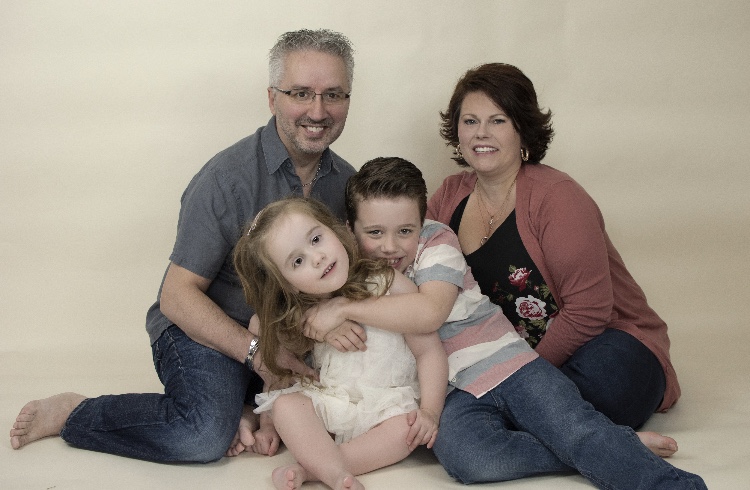 Have you ever felt beaten down; well I feel beaten down today. Ever since our child came into the world, we’ve been like any other parent and want nothing but the best for her. But that best is so obstructed by so many different means. And sadly to say, it’s only parents of special children that understand.
Have you ever felt beaten down; well I feel beaten down today. Ever since our child came into the world, we’ve been like any other parent and want nothing but the best for her. But that best is so obstructed by so many different means. And sadly to say, it’s only parents of special children that understand.
Excuse my expression, but it best sums it up, “You are damned if you do and you’re damned if you don’t”. I have advocated for disabled children on so many levels, it certainly doesn’t win you any popularity contest. But I’m not in this for the prestige or the social status. In reality, people look at you, as if you are committing a crime. Dare not fight for equal rights, all inclusion, accessibility, policy change or disturb the comfort zone of the ‘normal child’.
I am so amazed at our ‘all informed society”; that kids today don’t know what a wheelchair is. If parents could just take a moment and educate their children that we are all different, even if we don’t have a disability (a one we can’t see anyway). And different is not a bad thing, it’s okay to be different. For those who don’t know how to explain what a wheelchair is, I will do it for you. A wheelchair is a chair that has wheels that allows a person that has legs that don’t work because their brain is damaged and can’t tell their legs to move. Therefore they require a wheelchair to provide mobility (allows them to get from point A to point B) so they can move around independently. Having legs that don’t work is no different then someone having eyes that don’t work properly and therefore they have to wear glasses to see. Or maybe someone has ears that cannot properly hear and thus they have to wear hearing aids in their ears to hear. Because you have a disability doesn’t mean you have a intellectual disability; I’ve met people standing on two legs with very little intellect. It’s not rocket science, it’s simple; diversity is what makes us unique not defected.
Again this week, that ugly word came up again, policy, don’t get me wrong policy is great if it works; whether it’s our health care system, education system or legal system. But trying to adapt and adjust a five year old little girl with CEREBRAL PALSY into the school system that is bombarded by policy. WE can’t do this because that’s our policy, we can’t do that because that’s our policy; then to hell with policy. If it’s not working, and obviously it’s not, then it’s time for some change or a little tweaking. If this little girl is forced into an environment that she sees as frightening, scary and overwhelming and CP just intensifies these emotions. Then certainly our school system can adapt and adjust to a little change in policy to accommodate a little child, for what’s best for her; not the system. After all aren’t we living in an all inclusive society? So let’s protect our children, not the system. And for that to be done in “a nurturing, supportive, INCLUSIVE environment where all children are challenged and valued”. This week my thoughts have been challenged and disturbed to the cop out in order to save one from having to deal with conflicts to ‘policy’.
In order for this little girl to adjust properly, due to her CP, requires her to do it gradually with a parent or someone she is totally comfortable with, present to reassure her that this is a safe environment. This will only happen when she is introduced on HER terms; not the schools, not the unfamiliar team and certainly not the policy. Once she is eased into the environment, the parent can gradually exit the building and she can become the independent, intelligent and happy child that we know she was and is. If the school is not willing to make these adjustments, then this little girl will be having a very short school year. And only those who can help are the ones who right now strictly enforce policy that obviously requires leniency in practice.
For the protection of the school and child; names have been withheld.



